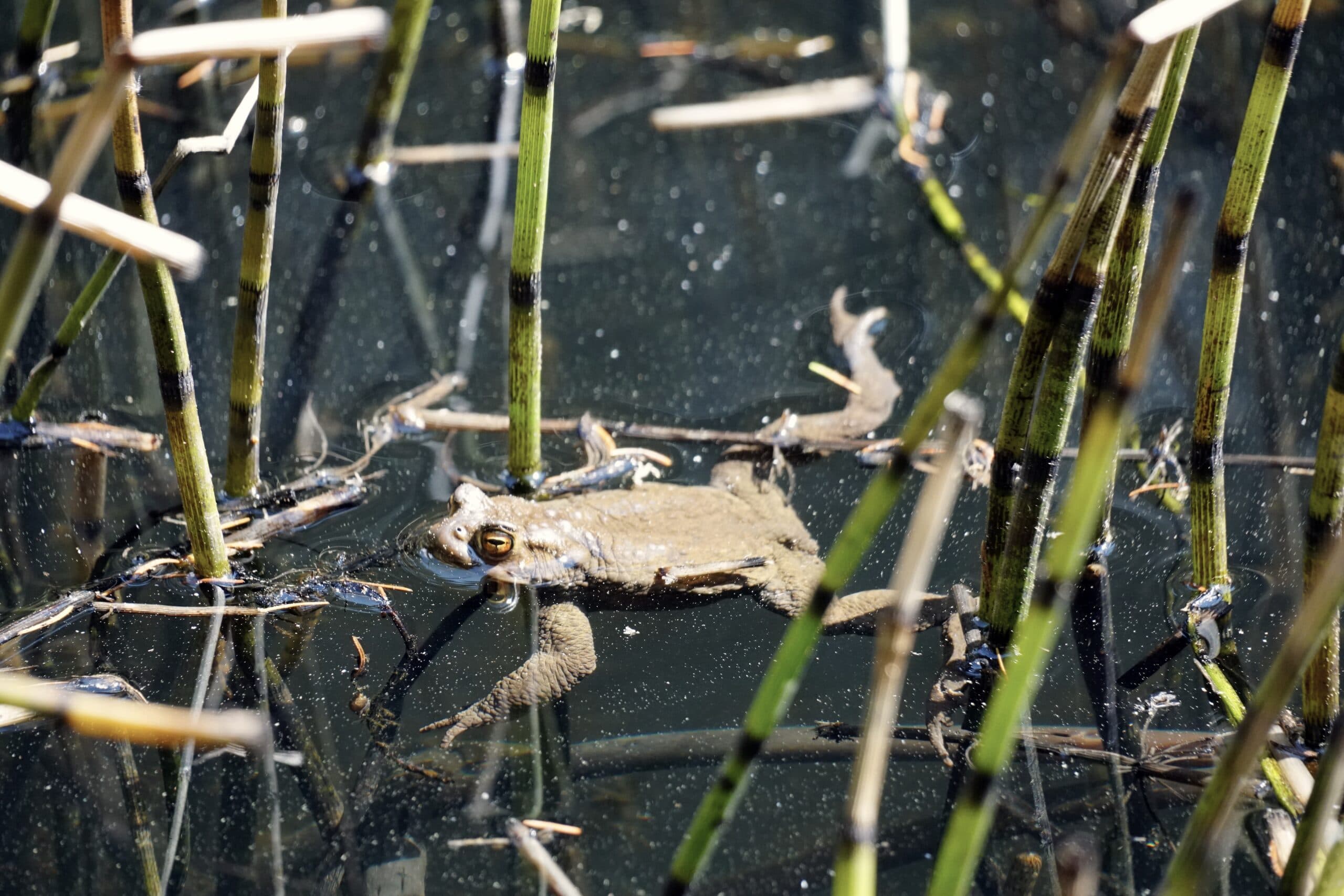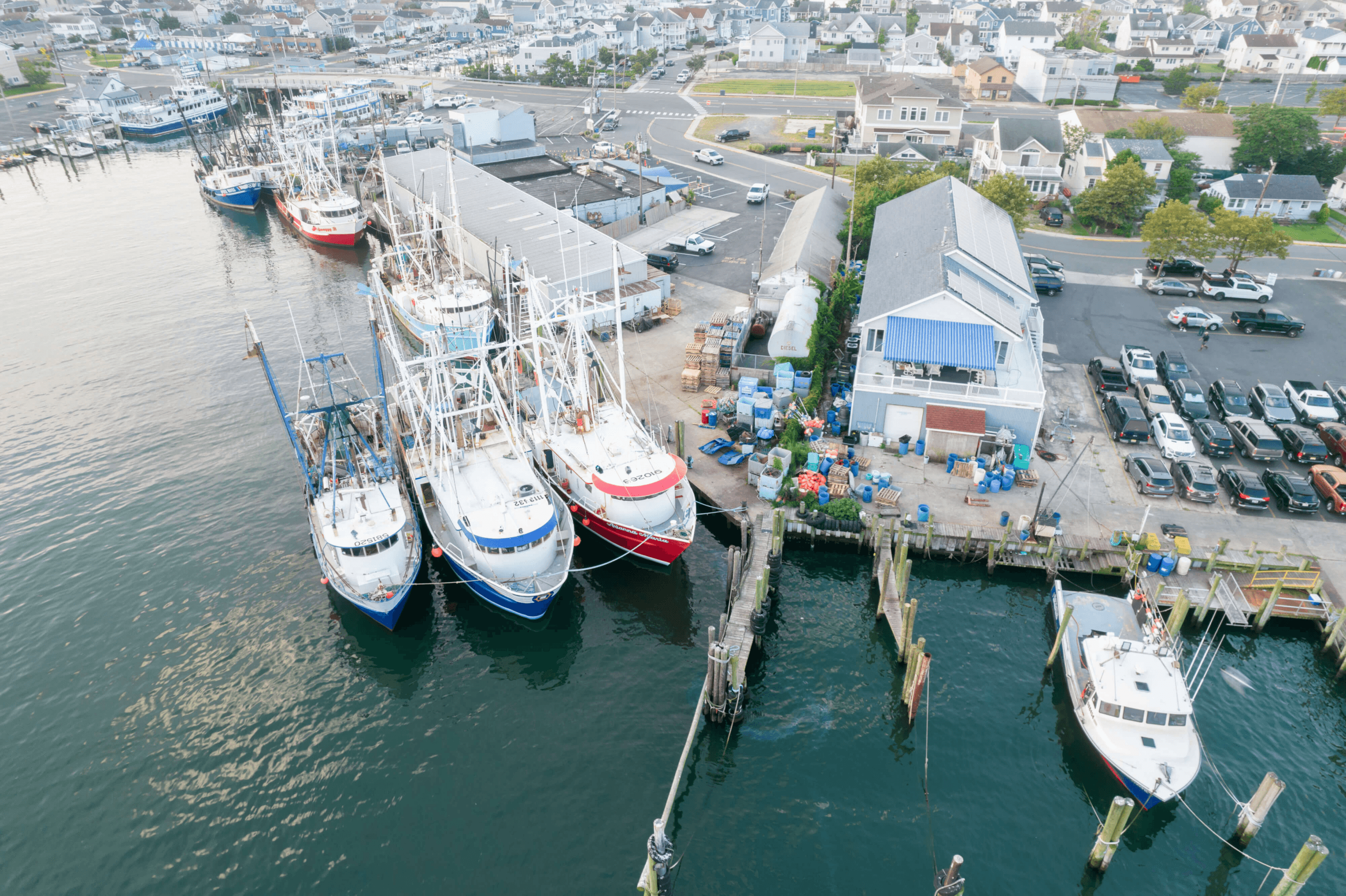Ecosystems
Ecosystems are highly complex webs of species that mix in space and time, creating intricate relationships that can be difficult or complex to study.
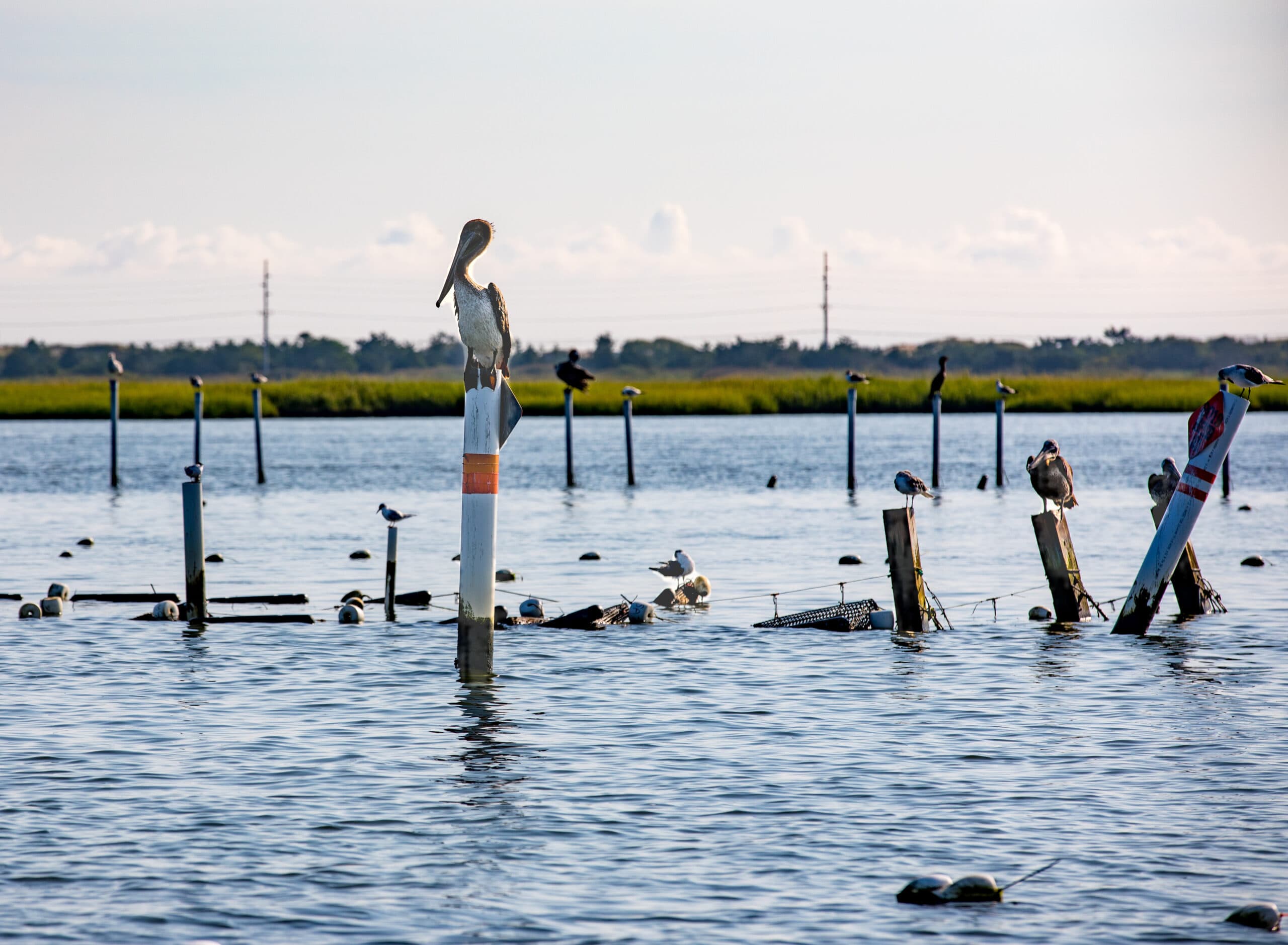
Ecosystem Impacts
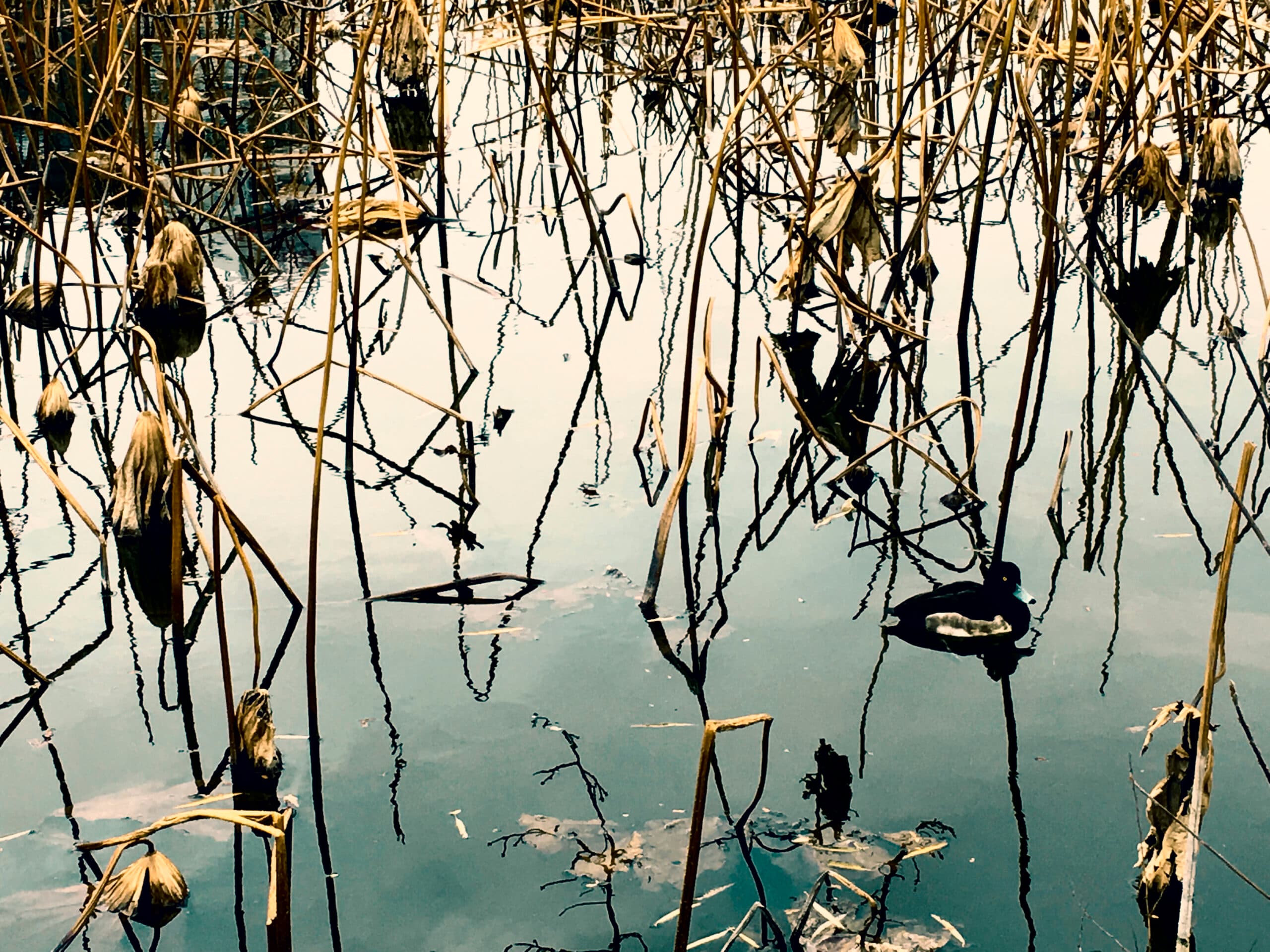
When acidification impacts one species, whether that’s in a positive or negative way, it can cause a ripple effect that alters ecosystem dynamics in general.
For example:
- Changes in species abundance or behavior can alter food webs and predator/prey dynamics.
- Loss of habitat-forming species, like corals, can leave marine life without shelter or nursery habitat.
- Some species can alter their abiotic environment, to the benefit (or detriment) of other species. For example, faster growth by seagrasses due to elevated CO2 may theoretically help to locally increase pH, which can benefit the species that live in the grasses.
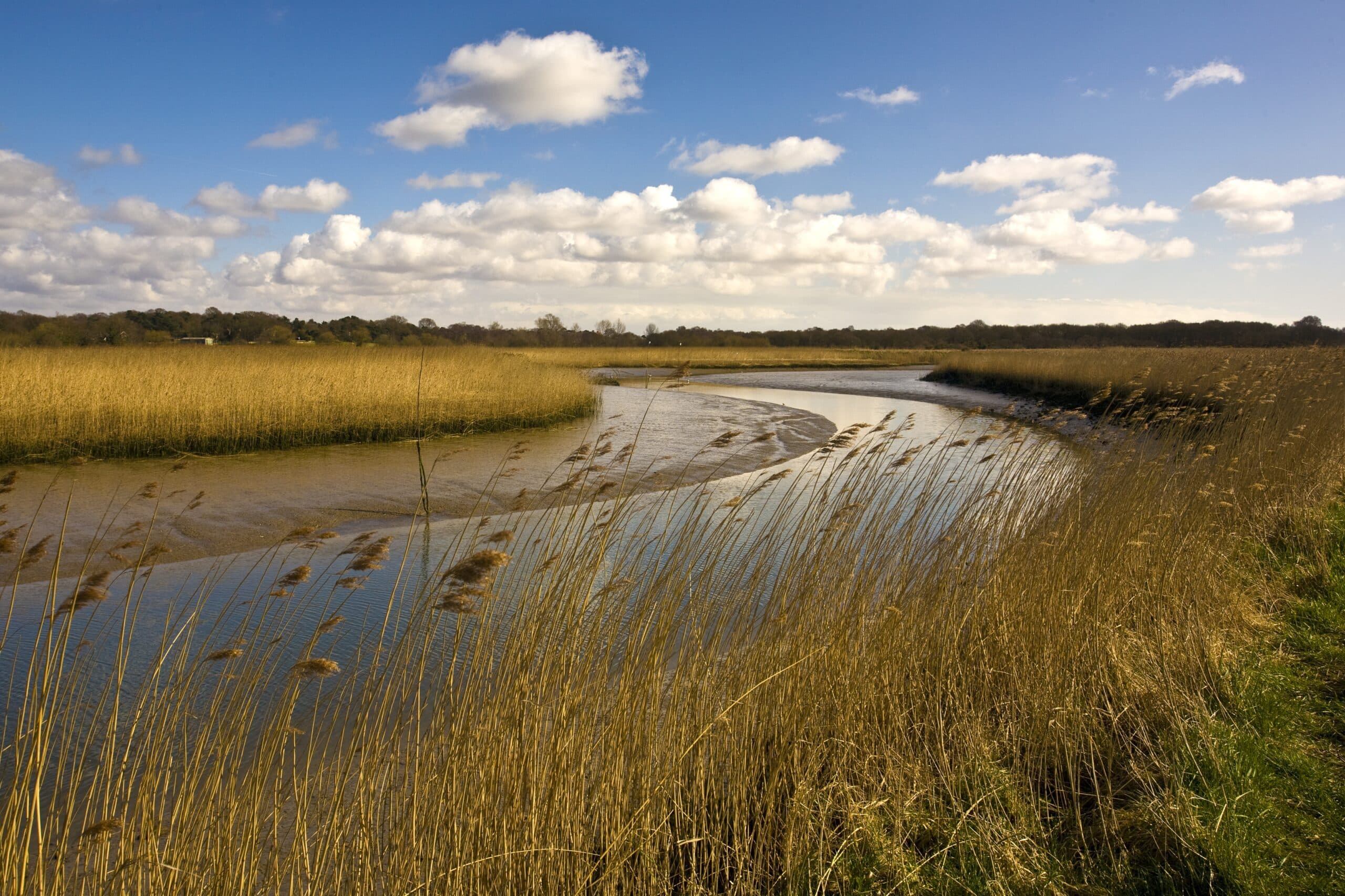
The severity of ocean acidification, and the impact it has on species, varies based on local and regional environmental conditions. Because of this, organisms living in vastly different ecosystems, like estuaries versus the open ocean, experience different pH “weather”. In contrast to the open ocean, the coastal ocean regularly experiences large fluctuations in pH on timescales ranging from hours (tides) to years (changing climate conditions).
pH "weather" events are influenced by:
- Precipitation
- Nutrient runoff & eutrophication due to storm water runoff and seasonal patterns
- Day-night cycles of biological activity (respiration at night produces CO2 while photosynthesis during the day consumes CO2)
- Oceanic events like upwelling that could be caused by changing wind direction and storms
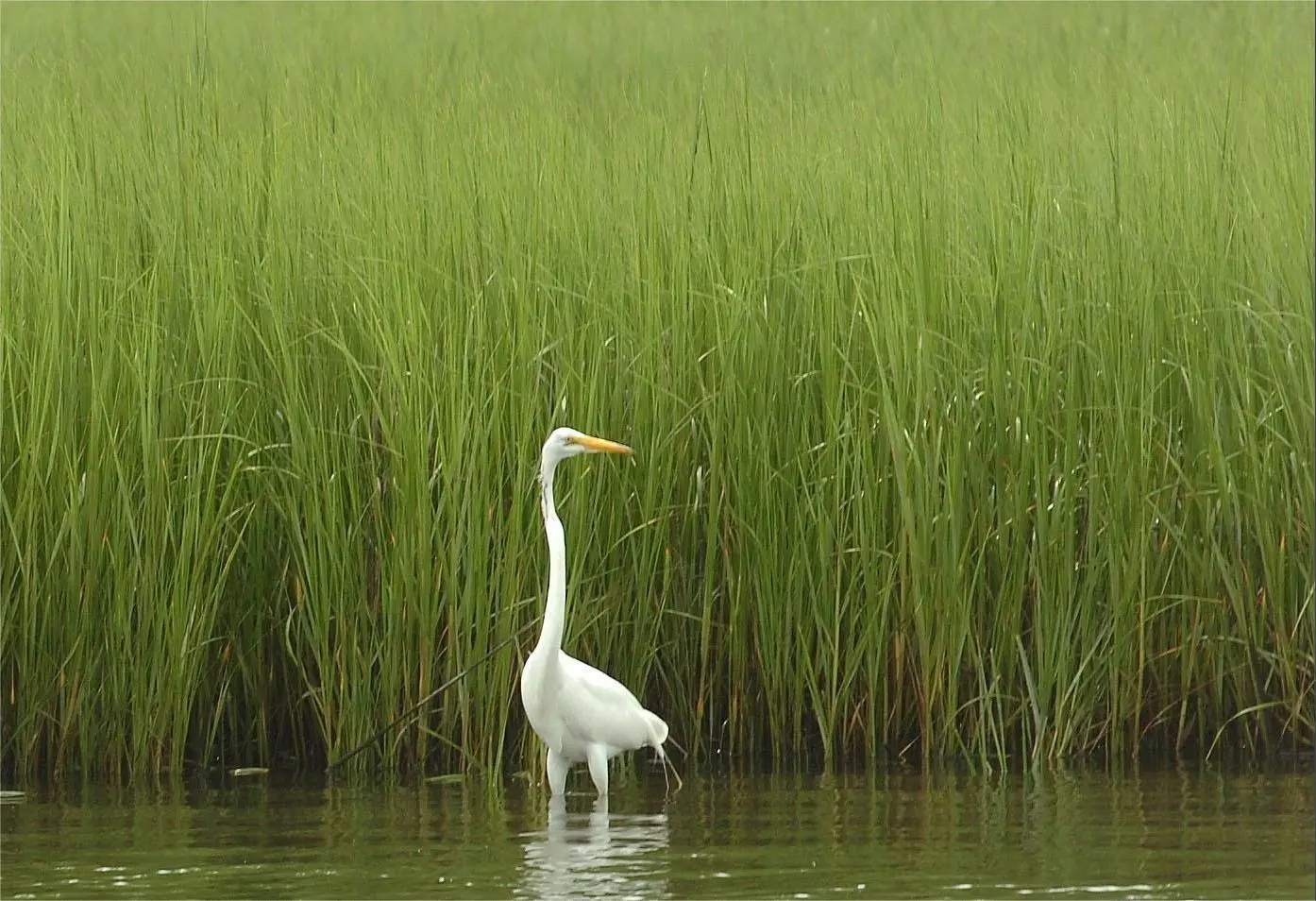
Oftentimes, acidification is not the only stressor marine species are facing. When considering temperatures, eutrophication, oxygen availability, and more, the ultimate impact of acidification on marine life can change; sometimes the abiotic environment exacerbates acidification effects or in other cases buffers against them. Careful and extensive experiments are necessary to understand how low pH interacts with other environmental variables for different species.
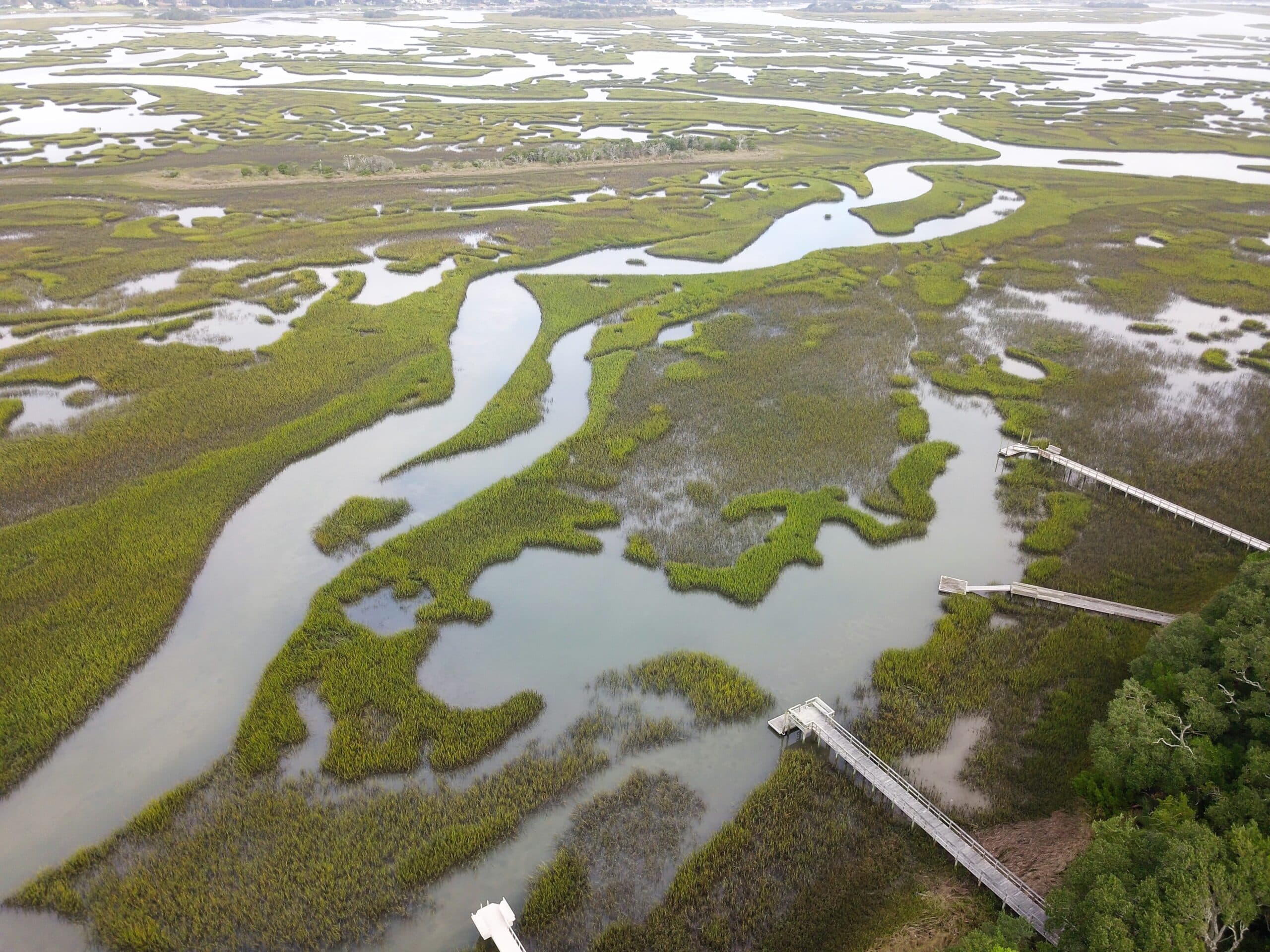
Many acidification experiments to date have been performed with only a single species in isolation. However, ecosystems are a complex network of species that interact via food webs, symbiotic relationships, and a myriad of other mechanisms. More and more, experts are working on understanding the intricacies of ecosystem response to acidification.
